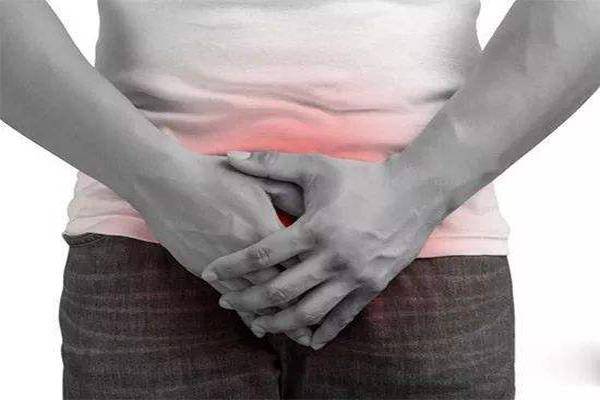The prostate is a male-specific organ located below the bladder, shaped like a chestnut, with the urethra in the middle. Inflammation of the prostate can affect the endocrine and urinary systems. Prostatitis is a common disease in men, with statistics showing that between the ages of fifteen and sixty, an average of eight out of one hundred men will have symptoms of prostate inflammation. So what symptoms indicate that a man’s prostate is inflamed? There are five manifestations.
Manifestation one: Difficulty and hesitancy in urination
If the prostate becomes inflamed, the urethra can be compressed. Because inflammation of the prostate can cause it to swell, urinating may feel incomplete, requiring frequent trips to the restroom.
Manifestation two: Increased frequency of urination
Urinary frequency and urgency are the primary symptoms of prostate inflammation. Severe cases may require urination twenty times or more per day, especially during the night. Severe cases may even lead to urinary incontinence due to the prostate irritation causing an immediate urge to urinate.
Manifestation three: Urethral pain
Pain in the urethra during urination, feeling like a burning sensation, is due to frequent irritation from urine and blockage of the urethra caused by inflammation secretions. This pain is not immediate but gradually progresses into a lingering burning sensation.
Manifestation four: Body pain
Initial inflammation symptoms can cause pain near the urethra and anus, but over time, this pain can spread to the lower part of the body, particularly the lower back and thighs. If chronic prostatitis is left untreated for a long time, the persistent lower back pain can affect daily life.
Manifestation five: Neuropathy
In addition to the physical reactions to prostate issues, the nervous system can also be affected, leading to symptoms like dizziness, insomnia, increased urinary frequency at night, causing inadequate rest for the body.
So how can we prevent these symptoms?
Avoid staying up late. Men should not compromise their sleep for work or career commitments, as nighttime is when the body recuperates. Staying up late not only affects the prostate but also disturbs the rest of various organs. Therefore, prioritize early bedtime for a healthy prostate.
Avoid alcohol consumption, as it can cause congestion and dilation of the prostate’s blood vessels, lowering the body’s resistance and increasing the risk of inflammation.
Reduce spicy food intake, as spicy foods can trigger prostate discomfort due to bacterial accumulation in the prostate area. Bacteria thrive in an alcoholic environment, leading to acute prostatitis or worsening existing chronic prostatitis.
Avoid prolonged sitting or cycling, as both activities can compress the prostate, leading to congestion and potential inflammation.
Ensure adequate warmth, as neglecting the warmth of the prostate area increases resistance during fluid release and hinders prevention.
There is a wild vegetable called “Plantago Asiatica” rich in vitamins and antioxidants. Men experiencing the above five symptoms can drink a little Plantago Asiatica infused water daily, which helps suppress bacteria, reduce inflammation and swelling. Combined with good personal hygiene and dietary habits, this approach effectively aids in recovery.


